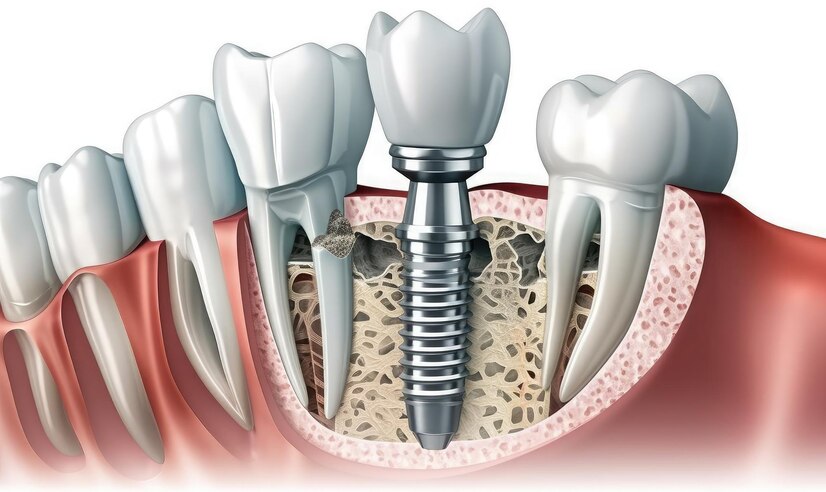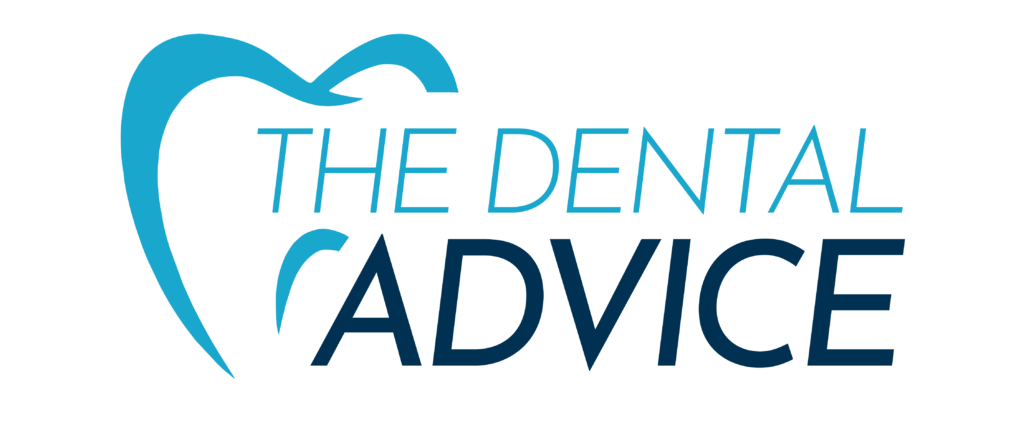Dental implants are the perfect tooth replacement for your missing teeth. They offer a permanent solution that looks and feels just like natural teeth. However, like any surgery, there is a recovery period after getting dental implants.
During this time, it is important to follow your dentist’s instructions carefully, including what you eat and drink. Certain foods can irritate the implant site, slow down healing, or even damage the implant itself.
What are dental implants made of?

Dental implants are typically made of titanium, a biocompatible metal that is well-tolerated by the body. The implant itself is a small screw-like post that is also surgically inserted in the jawbone. After the healing, the implant is integrated with the bone, and an abutment is attached to the implant. The abutment is a connector piece that holds the replacement tooth, which can be a dental crown, bridge, or denture.
Who is a candidate for dental implants?
Dental implants are a good option for most adults who are in good overall health and have healthy gums. They are a particularly good option for people who:
- Have lost one or more teeth
- Are not satisfied with their dentures or bridges
- Want a permanent and natural-looking solution for missing teeth
- Have enough jawbone to support the implants
What are the benefits of dental implants?

There are many benefits to dental implants, including:
- Improved appearance: Dental implants look and feel just like natural teeth, so you can smile, eat, and speak with confidence.
- Improved oral health: Dental implants help to preserve jawbone and prevent bone loss. They also make it easier to keep your teeth clean, which can help to prevent gum disease.
- Improved speech and chewing: Dental implants are stable and secure, so you can eat and speak without worrying about your teeth slipping or moving.
- Improved self-esteem: Dental implants can boost your self-esteem and confidence.
What is the procedure for getting dental implants?
The procedure of getting any dental implant typically applies several steps:
- Consultation: During the consultation, the dentist will discuss your dental history, examine your mouth, and take X-rays to determine if you are a candidate for implants.
- Surgery: The implant is surgically inserted into the jawbone. The surgery is usually performed under local anesthesia, but general anesthesia may be used in some cases.
- Healing: The implant needs to heal and integrate with the jawbone for several months before the abutment and replacement tooth can be attached.
- Abutment placement: Once the implant has healed, the abutment is connected to the implant.
- Replacement tooth placement: The replacement tooth is then attached to the abutment.
What are the risks of dental implants?
Dental implants are a safe and effective procedure, but there are some risks involved, including:
- Infection: There is a small risk of infection following surgery.
- Damage to nerves or blood vessels: There is a small risk of damaging nerves or blood vessels during surgery.
- Implant failure: In rare cases, the implant may not fuse with the jawbone and may need to be removed.
Why it’s Important to Avoid Certain Foods After Dental Implants
There are several reasons why it is important to avoid certain foods after dental implants:
- To prevent irritation: The implant site is sensitive after surgery, and certain foods can irritate the tissue, causing pain and discomfort.
- To promote healing: Eating soft foods allows the implant site to heal properly without putting too much stress on it.
- To prevent infection: Sticky or sugary foods can get lodged around the implant site, increasing the risk of infection.
- To protect the implant: Hard or crunchy foods can damage the implant or the surrounding bone.
Foods to Avoid After Dental Implants

Here is a list of foods to avoid after dental implants:
- Crunchy foods: Chips, popcorn, nuts, seeds, hard candy, ice cubes
- Tough foods: Steak, raw vegetables, apples, carrots
- Chewy foods: Bagels, gummies, licorice
- Sticky foods: Caramel, taffy, dried fruit
- Acidic foods: Citrus fruits, tomatoes, vinegar
- Spicy foods: Chili peppers, salsa, hot sauce
- Hot and cold foods: Soups, coffee, tea, ice cream
- Sugary drinks: Soda, juice, sports drinks
How Long to Avoid These Foods
The amount of time you need to avoid these foods will vary depending on your healing process. Your dentist will give you specific instructions, but generally, you should avoid these foods for at least the first week or two after surgery. Once your implant site has healed, you can gradually start to reintroduce these foods back into your diet.
Tips for Eating After Dental Implants

Here are some tips for eating after dental implants:
- Eat soft foods: Choose soft foods that are easy to chew and swallow.
- Cut food into small pieces: This will make it easier to chew and swallow.
- Use a straw: This can help to avoid getting food lodged around the implant site.
- Drink plenty of fluids: This will help to keep your mouth moist and prevent infection.
- Maintain good oral hygiene: Brush your teeth and floss gently after each meal.
- See your dentist regularly: Schedule regular checkups with your dentist to monitor your healing progress.
Additional:
- How To Use Fixodent?
- What Are Tooth Veneers?
- Canker Sore Vs Cancer: How To Know?
- What Are Some Best Home Remedies For Toothache?


